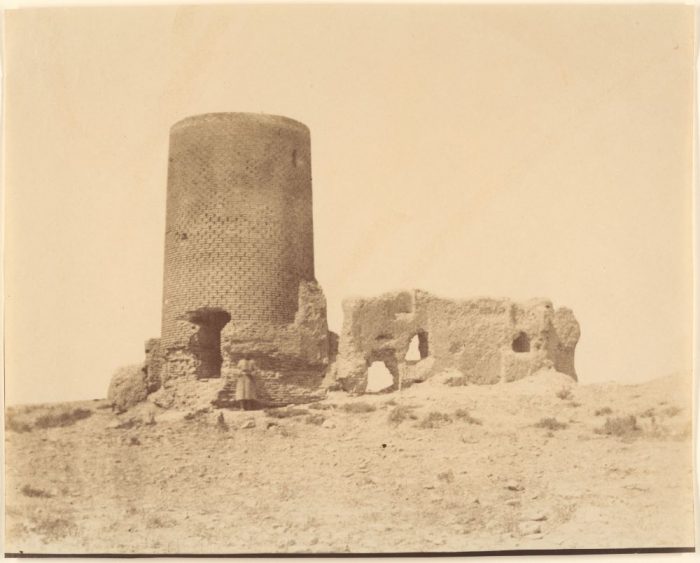COMMUNICATIONS
Mujō as Perceived through the Five Senses
I am engaged in comparative research on mujō (impermanence) with a focus on Japanese and Persian literature, and have been thinking about it primarily in a temporal context. By this I mean both mujō in the long term, the transience of human life, for instance, and mujō over shorter spans of time, like that which people feel over the course of their own lives.
However, prompted by a passage in Japanese literature on mujō, and by a passage in the Rubaiyat, by the Iranian poet, Omar Khayyam, I decided to reconsider mujō from an entirely new perspective, that of the five senses.
As is clear from Ryōkan’s resigned “Some cherry blossoms fall and the remaining blossoms, too, are soon to fall”, or the Hōjōki’s “The flowing river never stops, and yet the water never stays the same,” we are much more likely to perceive mujō visually. This does not mean, though, that the sense of sight monopolizes our awareness of mujō. For example, the instant melting in the mouth of chūtoro tuna is an example of mujō perceived through taste, while the scent of flowers is mujō through the sense of smell, and the softness of a baby’s skin is mujō through the sense of touch. What all of these have in common is that the sensation does not last.
In the same vein, the opening passage of the Heike Monogatari, “The sound of the Gion Shōja bells echoes the impermanence of all things” (in Helen Craig McCullough's translation), is an example of mujō perceived through the sense of hearing.
The sudden arrival of the news of someone's death is a universal recognition of impermanence, but to imagine bells, which likely did not exist, for Gion Shōja, and then to extract“impermanence” from the sound of that bell is an idea that can only come from the Japanese, with their sensitivity to sound. I think the abundance of onomatopoeia in the Japanese language is not unrelated to this phenomenon. There is a Matsuo Bashō poem that epitomizes haiku:
“The old pond;
A frog jumps in —
The sound of the water.”
This haiku makes sense only when associated with the onomatopoeic word “potan.” Unlike the Japanese, who associate mujō with the sound of the Gion Shōja bells, those who live in a Christian culture would not associate the sound of church bells with mujō.
An interesting difference in auditory perceptions of mujō emerges from the Heike Monogatari compared with the Rubaiyat. In the Heike Monogatari, one can understand that mujō reverberates with the ringing of the bells; by contrast, one finds this description of mujō in the Rubaiyat: “The splendid palace of past ages is now a ruin, and the drums have ceased to sound.” In ancient Iran, drums were beaten whenever the king left the palace. The depiction of a ruined palace, no matter how great its king, accords with the principle that “The prosperous must decline” stressed in the Heike Monogatari. However, mujō perceived through the absence of sounds formerly heard, such as drums, is the opposite of mujō perceived through hearing sound, like the sound of the bells of Gion Shōja.
This is why mujō has become a subject of never-ending fascination for me.

The ruins of the castle at Tūs, in northeastern Iran. Khayyam was no doubt inspired by similar sights. This photograph was probably taken by the Italian photographer Luigi Pesce in the mid-19th century.
Ruins of Tus, Khorasan, The Metropolitan Museum of Art.




